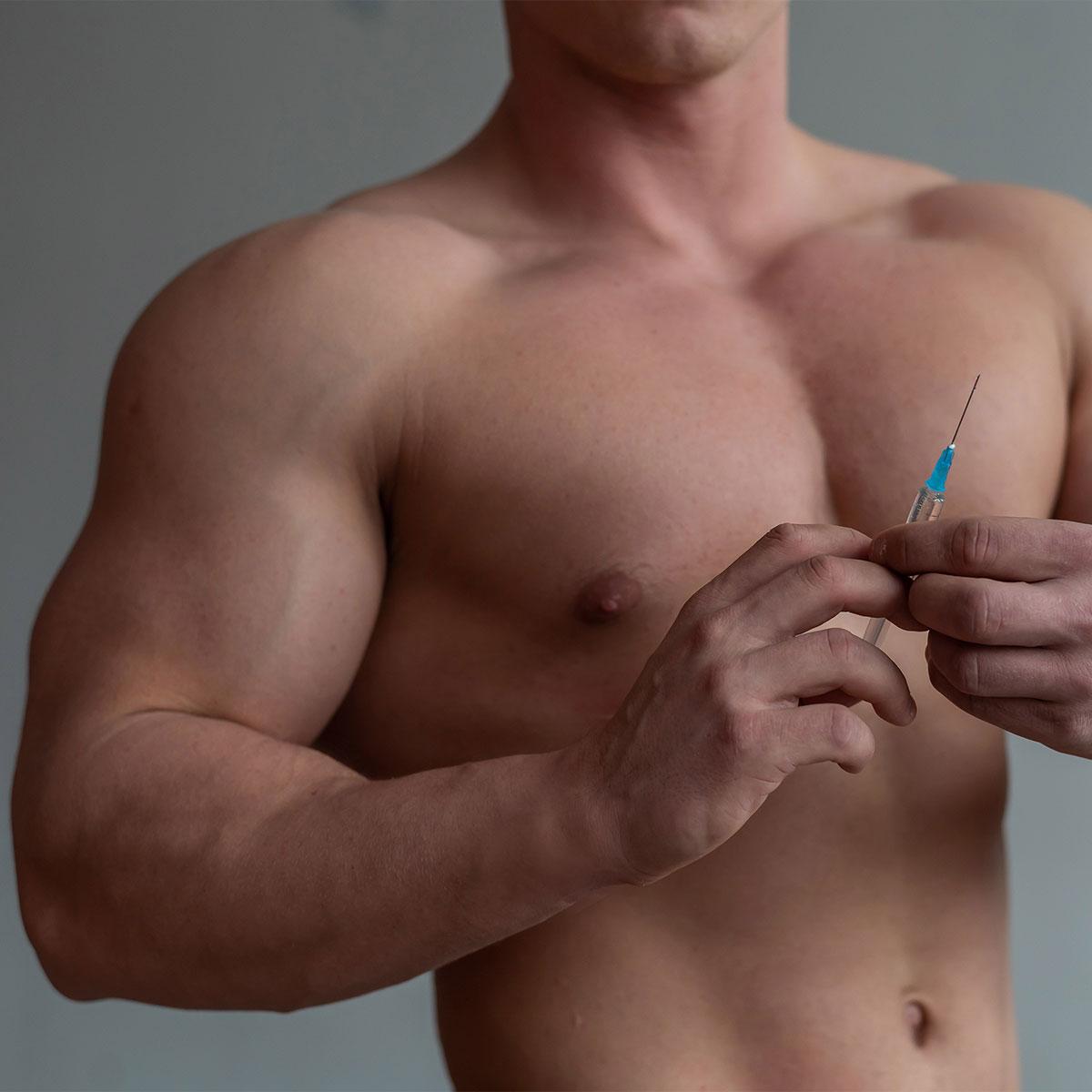Low testosterone—commonly called Low T—is more than just a hormone imbalance. For many men, it’s a major obstacle affecting energy, strength, motivation, and overall well-being. If you’ve found yourself feeling unusually tired, struggling in the gym, or losing the drive you once had, Low T may be a factor.
The good news? With proper diagnosis and guidance from a licensed healthcare professional, it’s possible to overcome these challenges and move from fatigue to fitness.
Understanding Low Testosterone
Testosterone is a vital hormone responsible for:
-
Energy and endurance
-
Muscle growth and strength
-
Fat distribution
-
Sexual health and libido
-
Mood and cognitive function
When levels dip below normal, it can create a domino effect—impacting both physical and mental performance.
Common Symptoms of Low T
Low testosterone often develops gradually, so symptoms can be easy to overlook. Many men report:
-
Persistent fatigue, even after rest
-
Decreased muscle mass or strength
-
Reduced motivation or drive
-
Difficulty losing weight
-
Low libido or sexual difficulties
-
Mood swings, irritability, or low confidence
-
Brain fog or trouble concentrating
If these signs resonate, a healthcare provider can evaluate your hormone levels and rule out underlying conditions.
How Low T Impacts Fitness and Daily Life
1. Reduced Energy for Workouts
Low T may make workouts feel harder and recovery slower.
2. Loss of Muscle and Strength
Testosterone is key for protein synthesis and muscle maintenance.
3. Increased Body Fat
Hormonal imbalance can shift how the body stores fat.
4. Lower Motivation
Mental and emotional changes may make it harder to stay consistent.
5. Decline in Performance
Whether at work, in the gym, or in daily tasks—Low T can affect focus and productivity.
Moving From Fatigue to Fitness: What Helps
✔ Professional Evaluation & Treatment Options
A licensed healthcare provider can determine whether testosterone therapy (TRT) is appropriate. Treatment may include injections, gels, patches, or pellet therapy—depending on what’s medically suitable.
✔ Strength Training & Active Lifestyle
Exercise—especially resistance training—can naturally support healthy testosterone levels and improve energy.
✔ Quality Sleep
Poor sleep is linked to reduced hormone production; improving sleep hygiene can support overall balance.
✔ Balanced Nutrition
Lean proteins, healthy fats, and micronutrient-rich foods help support muscle, metabolism, and hormonal health.
✔ Stress Management
Chronic stress can negatively impact testosterone. Mindfulness, movement, or therapy may help.
Potential Benefits of Addressing Low T
Many individuals who work with a healthcare professional to manage Low T may experience improvements such as:
-
Increased energy and stamina
-
Improved mood and clarity
-
More effective workouts
-
Enhanced strength and lean muscle
-
Better sexual health
-
Greater motivation and confidence
Remember: Results vary, and any treatment should be guided by a qualified medical provider.
Safety Considerations
Testosterone therapy isn’t for everyone. A professional evaluation is essential because TRT may involve risks such as:
-
Skin changes
-
Fluid retention
-
Changes in red blood cell count
-
Fertility impact
-
Possible sleep apnea worsening
Your provider will monitor your health through blood tests and follow-ups to ensure safety.
Your Next Step Toward Feeling Strong Again
Overcoming Low T challenges is not just about restoring hormone levels—it’s about reclaiming your energy, confidence, and lifestyle. With the right support, many men successfully move from chronic fatigue to renewed fitness and vitality.

